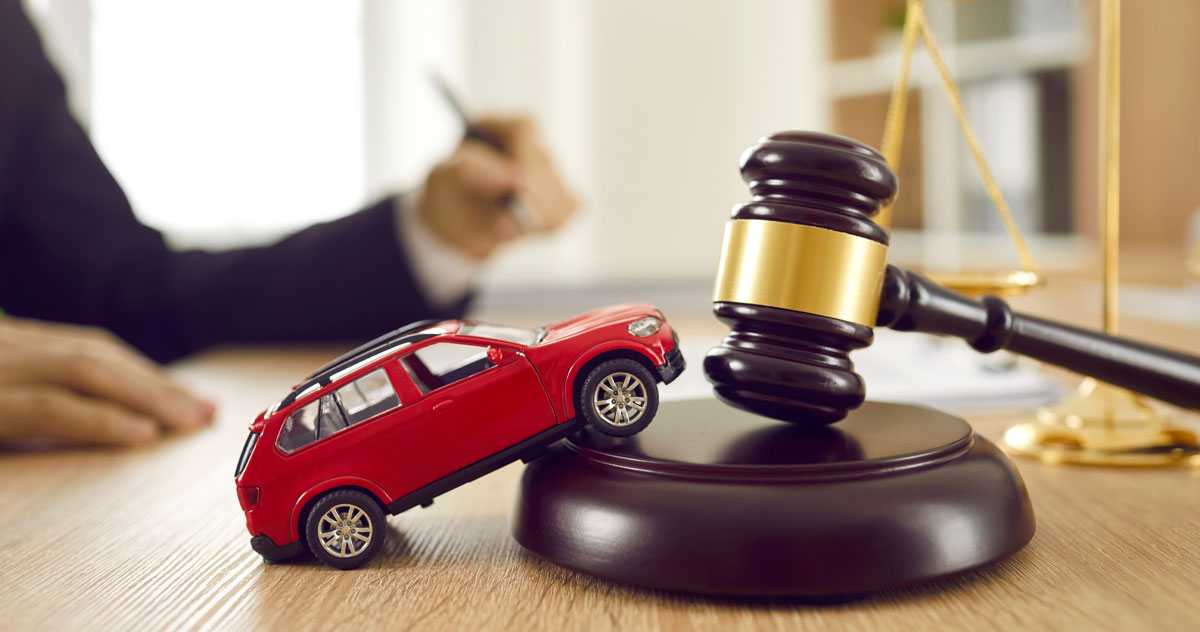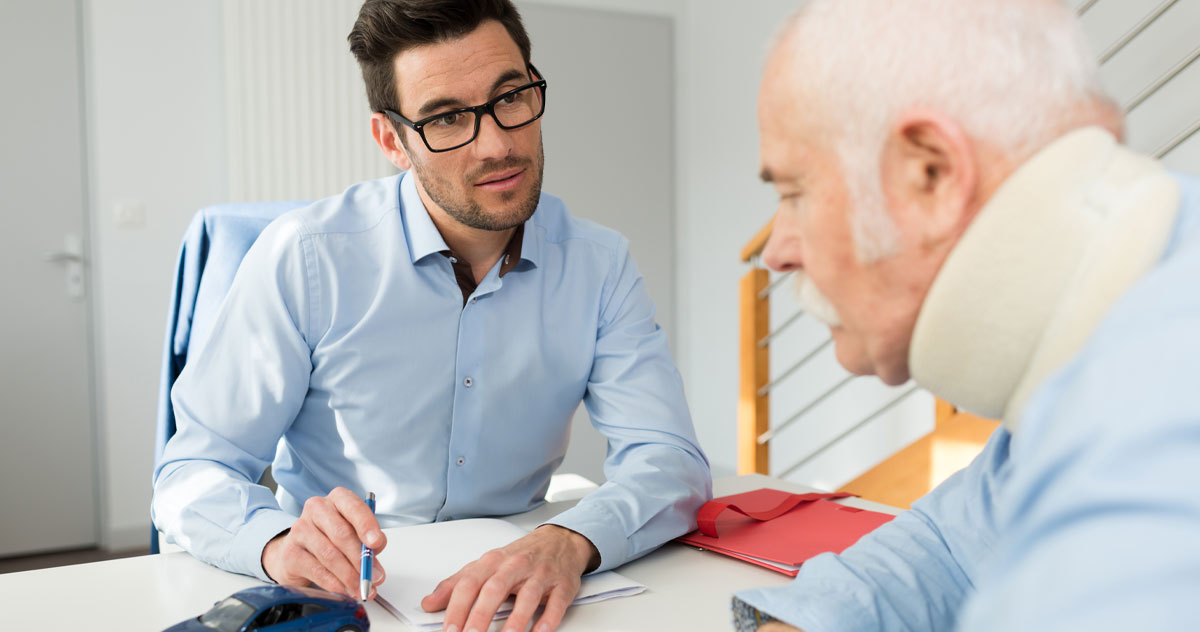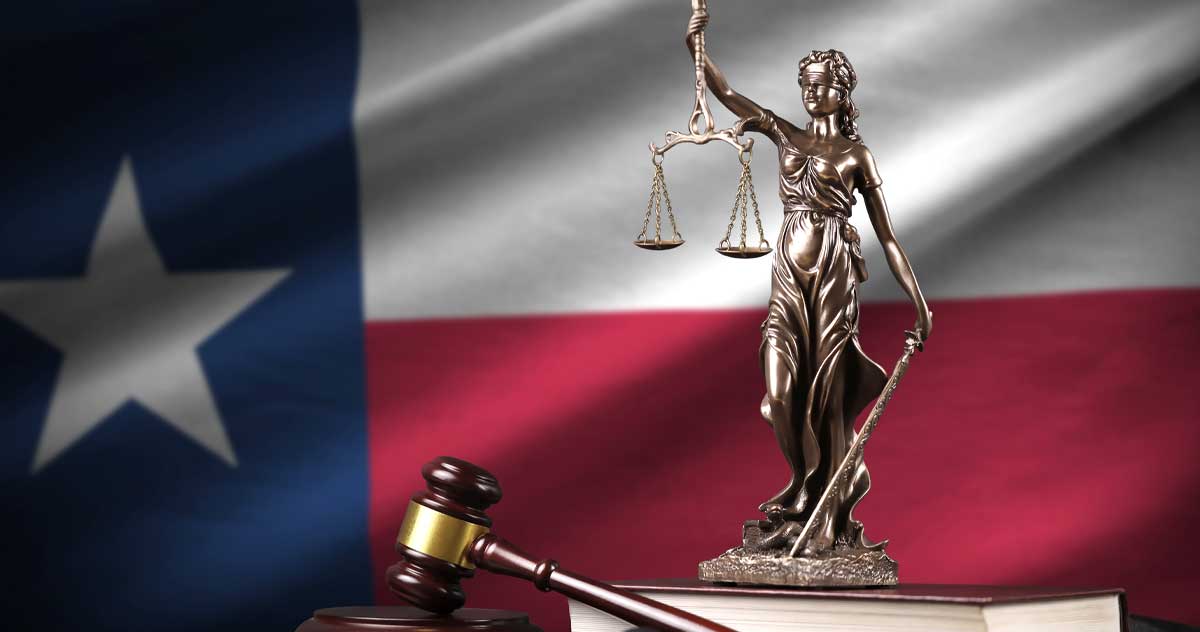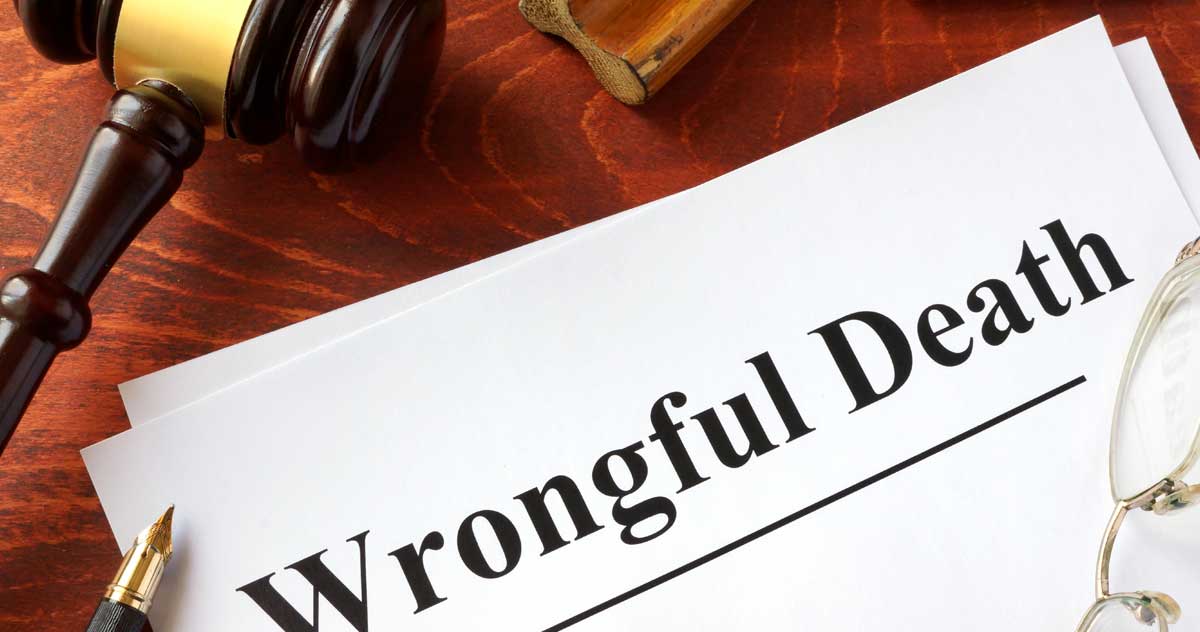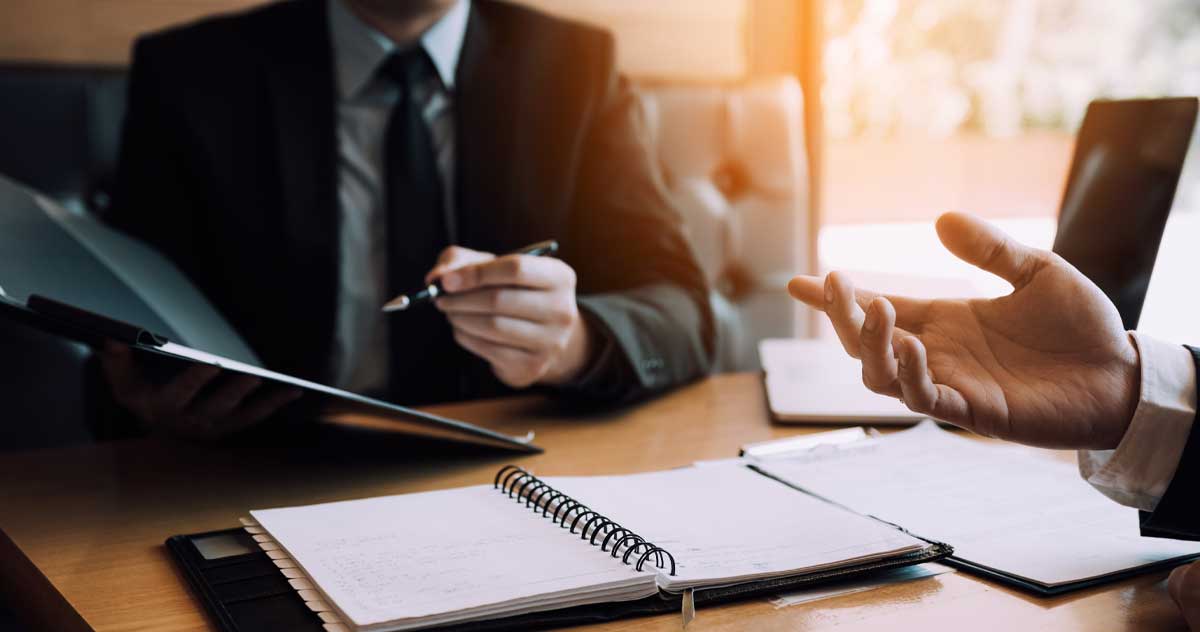Navigating the complexities of a personal injury claim can be quite daunting. But when it comes to determining who was at fault, clear steps and evidence can help. In this guide, we’ll explore the methods used to ascertain fault in personal injury cases.
Photos of the Scene
In the aftermath of an accident, emotions often run high and there is often chaos. It’s easy to feel overwhelmed. Yet, this window of time is critically important for collecting the evidence needed to support a personal injury claim.
For example, by taking photographs of the accident scene from multiple angles, you not only capture the actual damage but also the surrounding context. This can offer clues about environmental factors, traffic signs, or even weather conditions that may have played a role.
Plus, snaps of vehicle damages, property damage, or physical injuries can become compelling pieces of evidence and will be invaluable for your personal injury accident lawyer when proving fault. They offer a tangible record before repairs or medical treatments after the initial aftermath.
Witness Statements
While those directly involved in the accident may have biases or skewed perceptions, a personal injury accident lawyer will often try to speak to third-party witnesses. This is because they can provide a more objective account of events. And, multiple witnesses can offer varied perspectives, which may help to fill in potential gaps in the narrative.
If possible, it’s a good idea to record witness statements on a smartphone or another device. Their initial reactions and accounts can be more accurate that recollections provided days or weeks later.
Official Reports
Accident reports made by authorities such as the police are perceived to be credible evidence in court due to their neutral stance. These reports often include diagrams of the accident scene, statements from all parties involved, and the reporting officer’s observations and preliminary conclusions regarding fault.
Bear in mind that the report may not always be handed to you. It’s important to ask the attending officer how and where you can obtain a copy of the accident report.
Surveillance Cameras
Nearby businesses or street intersections often have surveillance cameras. Request footage from the time of the accident; it might provide an unbiased account of events. It’s important to remember, however, that many surveillance systems overwrite data after a certain period. Because of this, it’s crucial to act quickly to secure any potentially useful footage.
Dashboard Cameras
If you were involved in a car accident and have a dash cam in your vehicle, it might have captured the events leading up to and during the accident. Make sure that the footage is saved and backed up.
Dashcam footage, whether your own or somebody else’s who was at the scene at the time, can offer a clear, unbiased view of events. This can be invaluable in any disputes over fault.
Medical Documentation
Your medical records post-accident are crucial to your personal injury accident attorney, as they can be a testament to the severity and cause of your injuries.
Because of this, even if your injuries appear minor after an accident, it’s important to seek medical attention as soon as possible. Not only does this ensure your health and wellbeing, but it will also establish a record of the injury.
Plus, consistently attending follow-up appointments and sticking to any treatment plans you are given by your doctor will showcase the seriousness and ongoing nature of your injuries.
Forensic Experts and Reconstruction
Sometimes, the scene of the accident and witness accounts may not be enough. That’s where your personal injury accident lawyer may bring in an expert.
Accident reconstruction experts, for example, can recreate accident scenarios to determine the events leading up to the injury. This provides a detailed, technical perspective on the incident. Plus, forensic analysis, which might involve evaluating skid marks, debris, property damage, and other elements of the accident scene, can help paint an even clearer picture of the events and determine who was at fault.
Other Documentation
Alongside your medical records, other documentation can help to support your claim. For example, communication records such as emails, text messages, and any other communication you have had with the other party can offer insights into what happened.
Along with this, it’s wise to maintain records of any financial implications on yourself as a result of the accident. This could be records of medical bills, lost wages, or other related expenses, such as transport to hospital for treatment.
Preserving the Integrity of Collected Evidence
Along with gathering evidence, it’s just as crucial to ensure that its integrity is preserved. If evidence is tampered with or its authenticity is questioned, it can significantly weaken your claim.
- Physical evidence: If there is any tangible evidence from the accident, such as a damaged personal item, it should be preserved in its post-accident condition. Do not attempt to repair or clean it. Plus, if any evidence changes hands, ensure each transfer is documented, providing a clear record of who has had access to it.
- Digital evidence: For digital photos or videos, avoid using filters or editing tools. Present them in their raw, unaltered state. Digital evidence should be stored in several locations, such as cloud storage, external hard drives, or USBs, to reduce the risk of loss.
- Witness statements: If witnesses have written their accounts down, obtain and preserve the original copies to avoid disputes about potential alterations. Plus, witness contact details should be stored in a safe and easily accessible place. This ensures that they are reachable for any clarifications or court appearances.
Take the Next Step with What’s My Case Worth
Unravelling all the complexities of a personal injury claim can be a daunting task, but you’re not alone on this journey. By understanding the true value of your case, you can make more informed decisions.
- Have you assessed all factors of your claim?
- Are you confident in the worth you’ve determined for your case?
- Want expert guidance to ensure you receive the compensation you deserve?
Don’t leave things to change. Contact our team at What’s My Case Worth to discover the true value of your case and let our seasoned lawyers fight for you.
